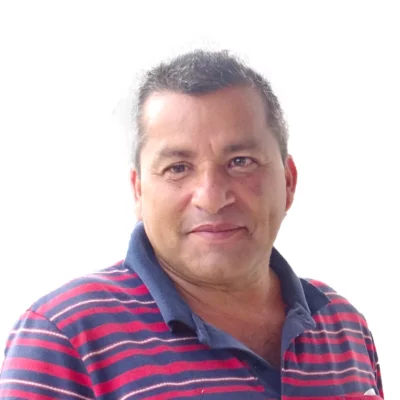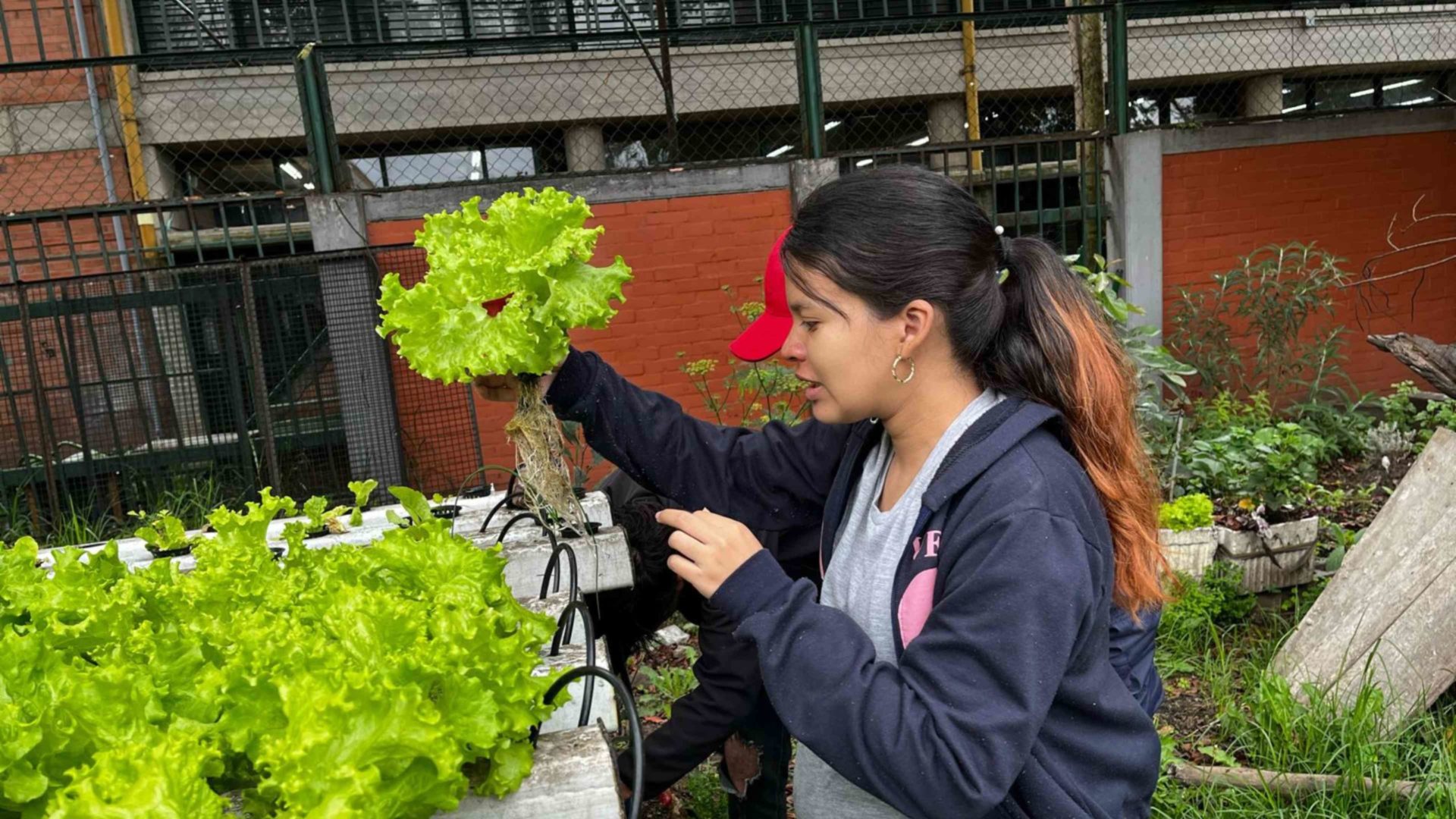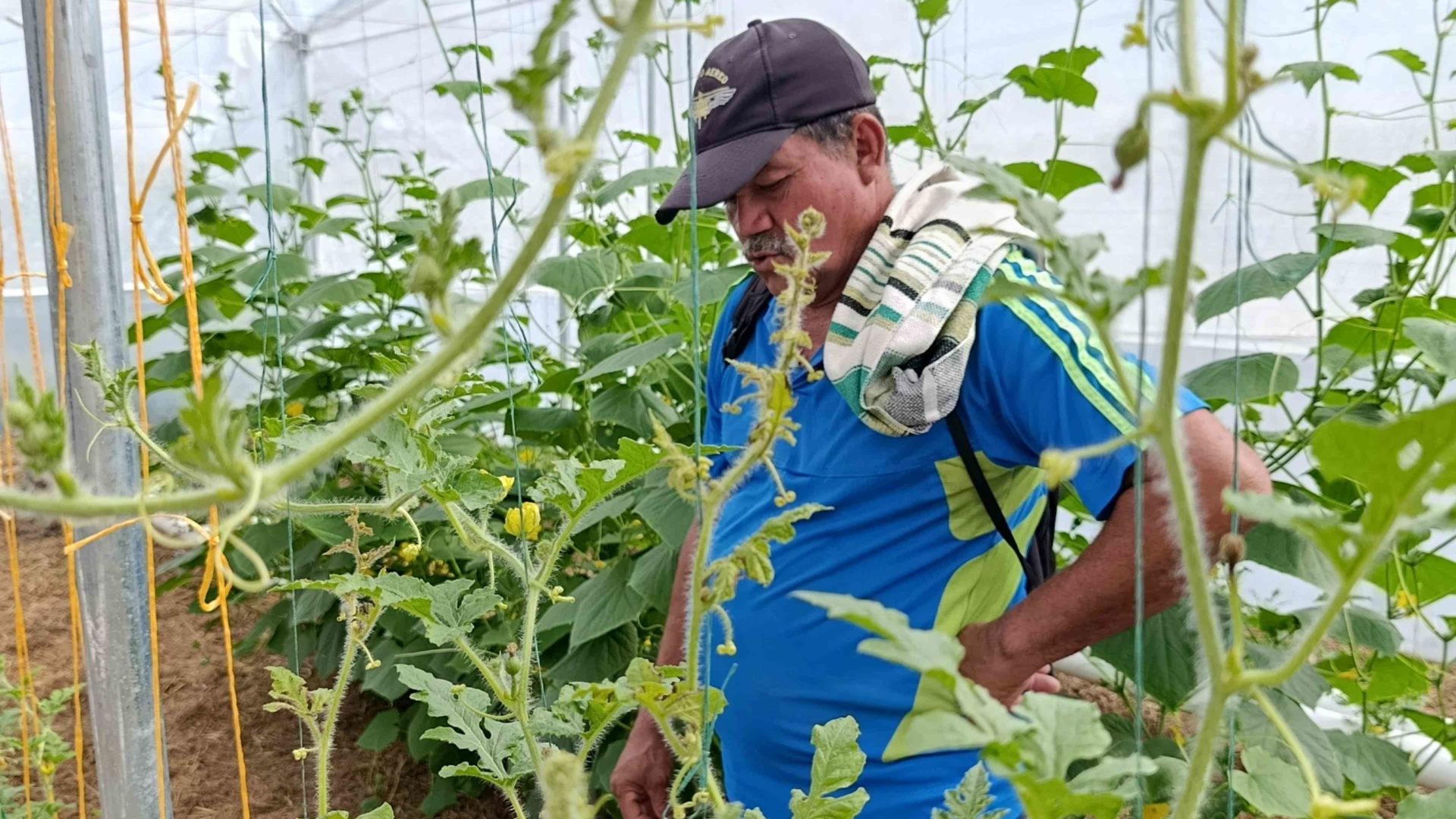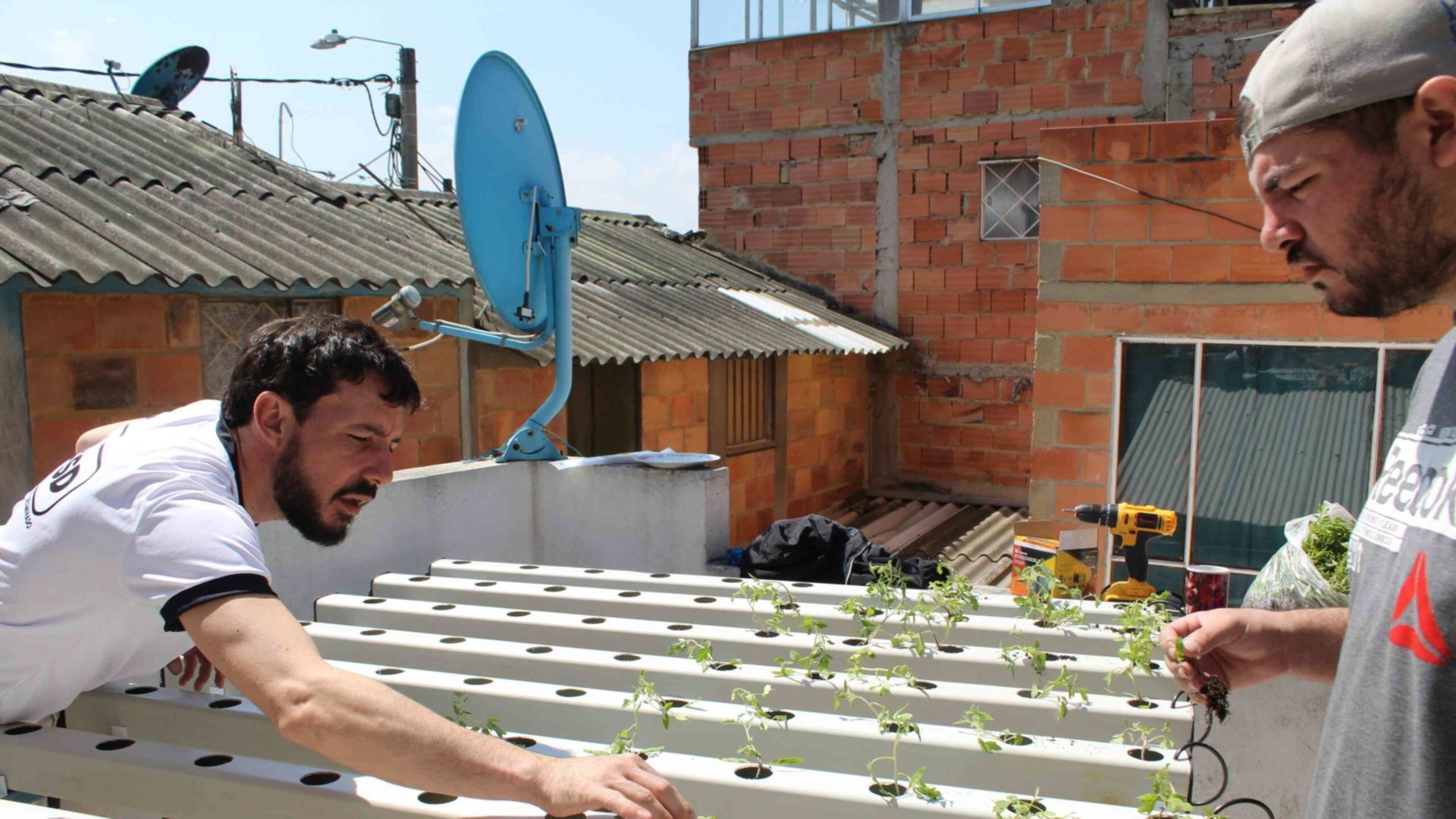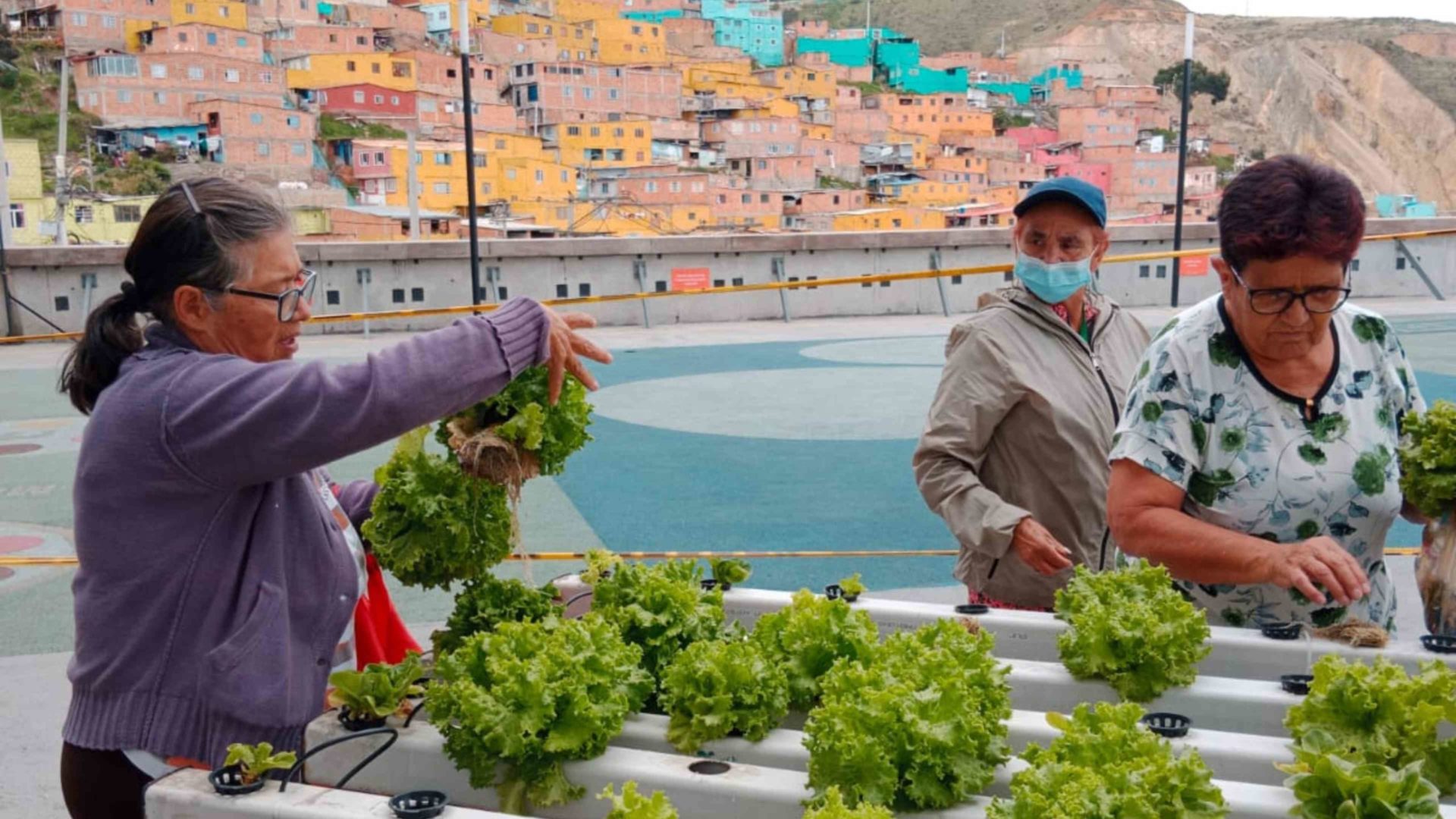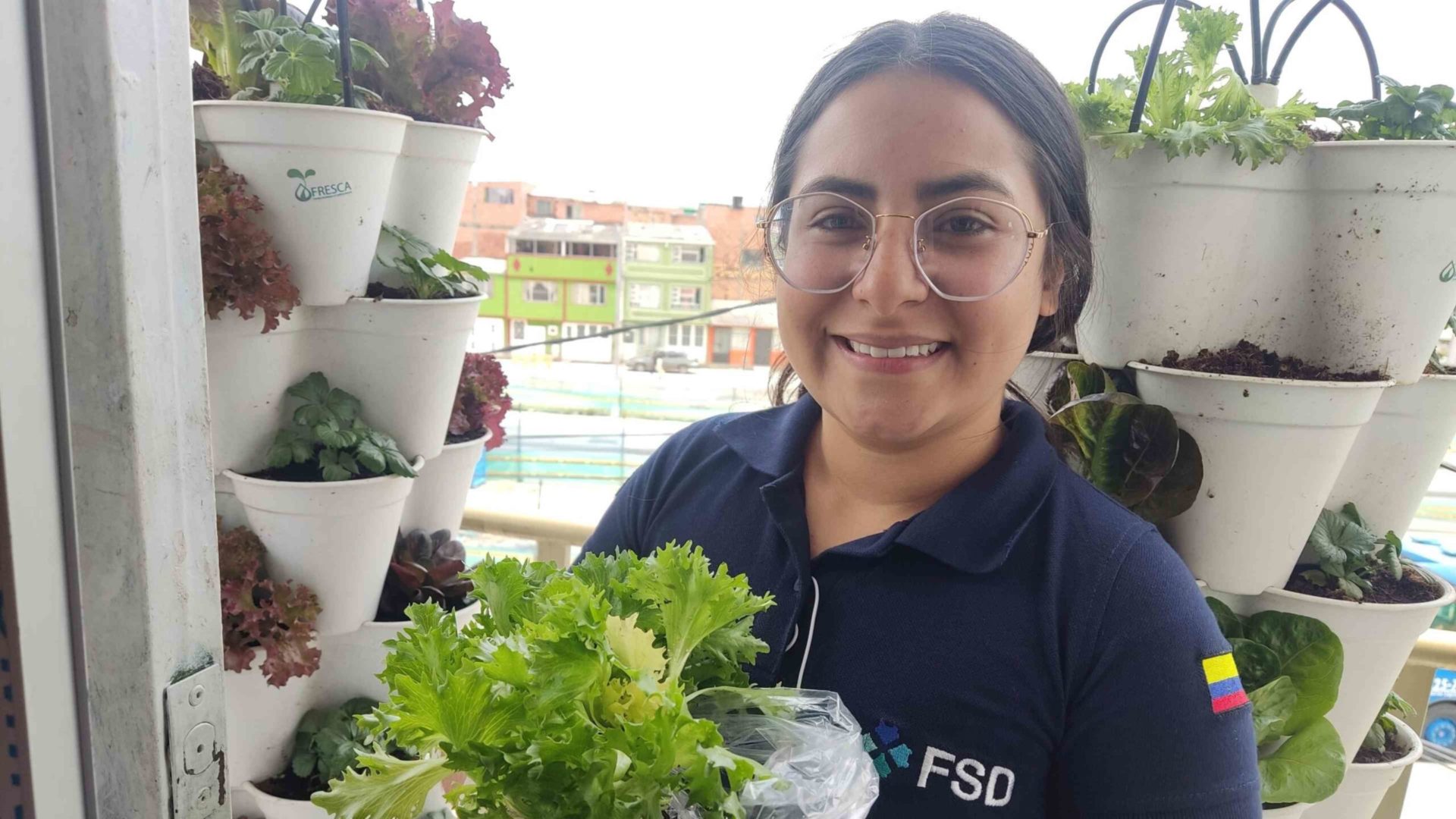We use audience measurement tools (such as Google Analytics 4 and Clarity), via Google Tag Manager, to understand how the website is used and to improve it. The data are used for statistical purposes only and are not used for targeted advertising.
Colombia
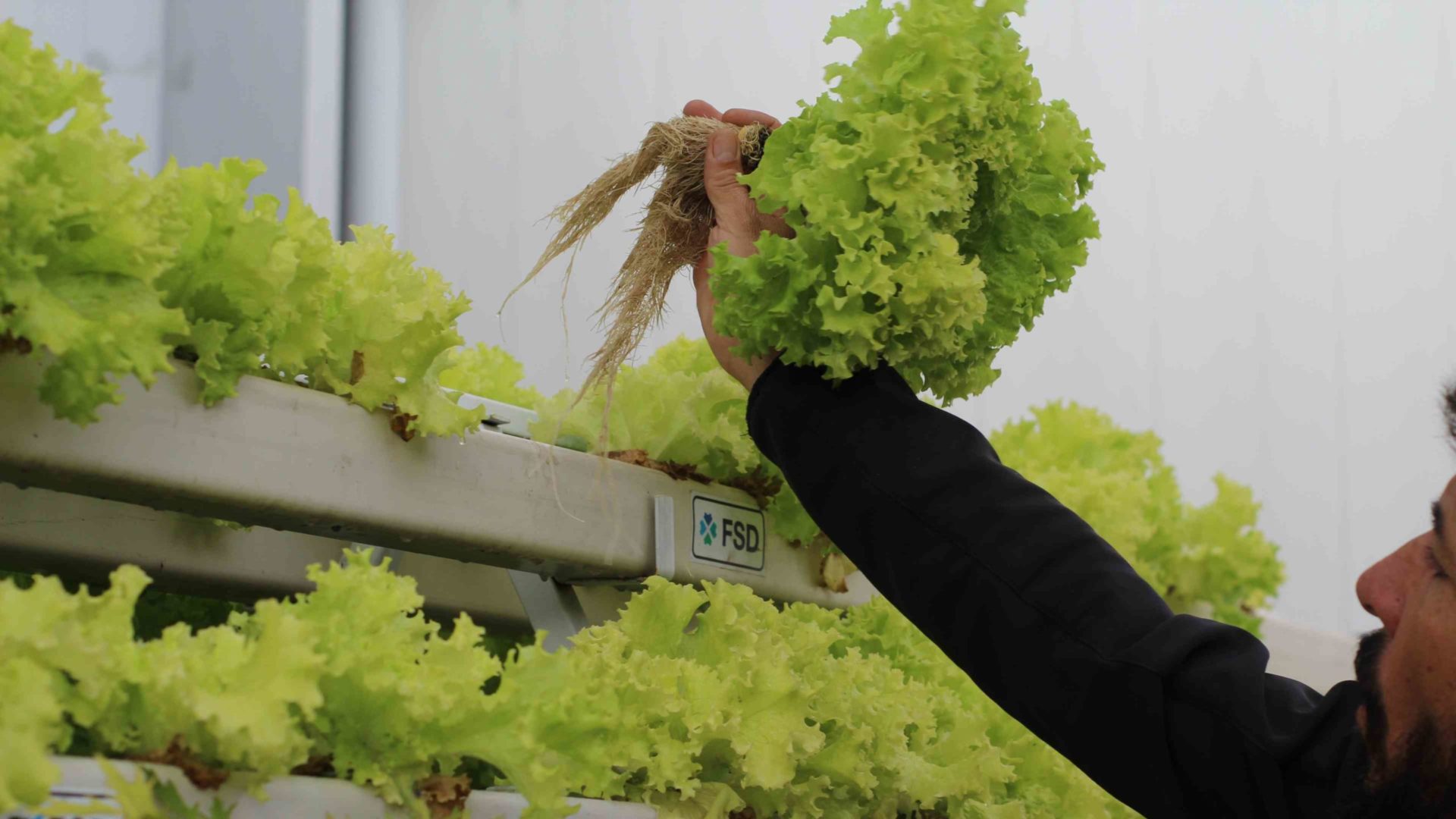
Sustainable Development Mine Action
Strengthening resilience to climate change Capacity building Victim assistance
In Colombia, FSD supports the socio-economic reintegration of mine and conflict victims through the establishment of hydroponic vegetable gardens.
More than eight million internally displaced
Nearly six decades of civil war have left Colombia heavily contaminated with improvised mines and unexploded ordnance. In 2016, a peace agreement between the government and the FARC armed group marked a major step toward stability. Despite this, explosive remnants continue to limit access to agricultural land and essential services, worsening poverty and restricting opportunities for affected communities. More than eight million Colombians remain displaced, and many survivors of mine accidents face significant economic and social challenges.
Families affected by the armed conflict and mine victims, like me, often struggle to find a work adapted to them.
Supporting the socio-economic reintegration of people affected by conflict
Active in Colombia since 2004, FSD has implemented numerous mine action projects, notably to strengthen the capacities of national authorities. Since 2022, it has supported people affected by the conflict in setting up urban hydroponic gardens in Bogotá, enabling them to grow their own vegetables for consumption or sale. The project expanded in 2023, with several reception centres for conflict victims now equipped with these structures. This has allowed nearly 300 families to be trained in this technique and to improve their access to healthy and sustainable food.
Our impact in Colombia (2024)
5
Reception centres for conflict victims in Bogotá equipped with hydroponic gardens
294
Conflict victims and their families supported through urban gardening initiatives
Tackling economic challenges and social exclusion
FSD’s urban gardening programme has significantly improved the quality of life for many mine victims and conflict survivors. Tailored to their situation, it allows them to grow their own vegetables for personal use and sale, earn an income, and develop skills useful in multiple areas, while also supporting their social and economic reintegration.
In 2024, FSD’s programme in Colombia was supported by private donors.
